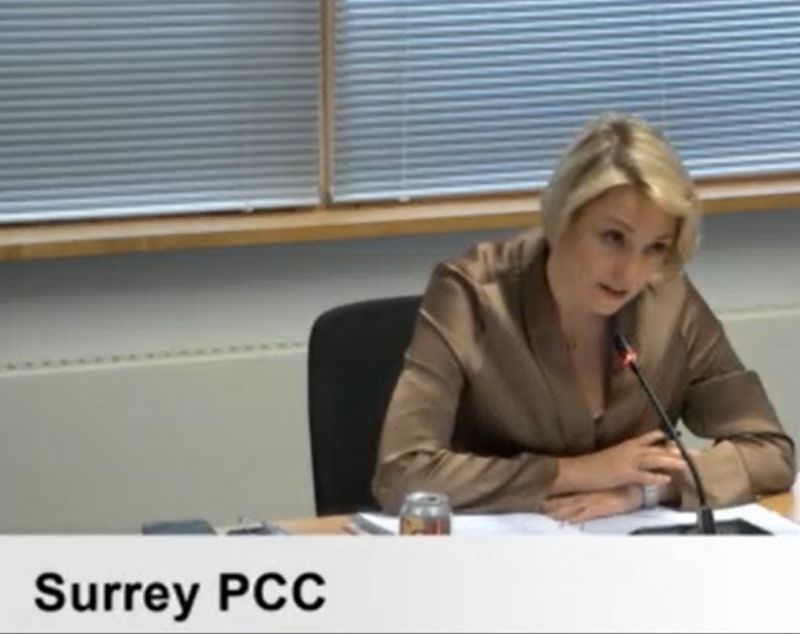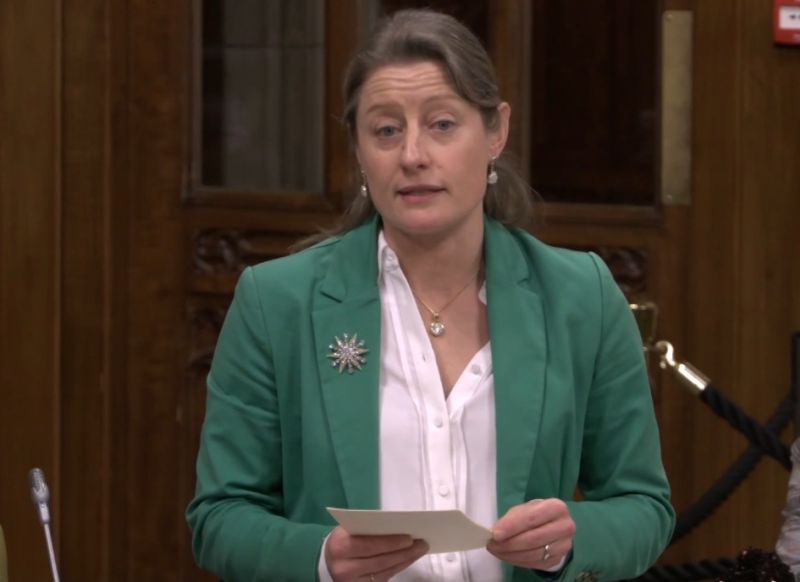‘Don’t put your national trust in Barclays’ climate protestors urge.
On Saturday, 3rd August, visitors to Box Hill from Epsom, Ewell, and surrounding areas held a peaceful demonstration, urging The National Trust to cease banking with Barclays.
The group organised a picnic protest at the iconic Box Hill viewpoint, displaying banners and placards to appeal to the charity to drop Barclays, which is Europe’s largest financier of fossil fuels.
Box Hill, renowned for its stunning views across Surrey, is one of the hundreds of sites owned by the National Trust. The organisation is a guardian of nature reserves, national parks, coastlines, historic buildings, and estates across the country.
The demonstrators carried banners and placards with messages such as ‘Love National Trust, Not Barclays’. They engaged with families, distributing leaflets and collecting signatures for a petition that calls on the charity to switch to a bank that does not fund fossil fuels.
Kristine, an NHS doctor from Epsom and mother of four, expressed her concerns: “I have been visiting Box Hill and other National Trust sites with my four boys since they were babies. Exploring nature as a family is invaluable, and I am very disappointed that an organisation like the National Trust does not prioritise the natural world we are leaving for our children in its banking choices.
“Barclays is destroying nature with its horrific lending and investments in unethical industries. Knowing that I am indirectly supporting Barclays spoils my visits to National Trust sites. Since realising the impact our choice of bank can have on the climate, I switched to an ethical bank last year. I see no reason why the National Trust cannot do the same.”
The demonstration was part of a week of vibrant actions by campaigners across the country, aimed at urging the National Trust to cut ties with Barclays, which has invested $235.2 billion in fossil fuels over the past seven years.
Despite publishing a new energy policy earlier this year, which it hailed as a step towards a “science-based” approach to “financing the transition”, Barclays continues to finance notorious fossil fuel companies such as ExxonMobil and Royal Dutch Shell. In 2023 alone, Barclays provided $24.221 billion in financing to fossil fuel companies.
The bank’s new energy policy has faced widespread criticism for loopholes that allow it to continue supporting carbon-intensive industries such as fracking. Meanwhile, investigative journalists have revealed that Barclays’ “sustainable finance” is being used to fund pipelines and oil expansion projects.
Recently, other institutions have announced their intentions to sever ties with Barclays for ethical reasons. Christian Aid and Oxfam have already withdrawn their funds from Barclays.
Cambridge University is also in the process of withdrawing its support for Barclays and is leading a group of universities and colleges that are investigating more sustainable financial products. Despite its commitment to natural conservation, the National Trust is lagging behind other charities and thought leaders within its sector.
Alice, a mother of one from Sutton, who participated in the demonstration, said: “I have been donating to the National Trust for years and even used to work in the tea shop at another local property.
“But I never realised that all this time my money was going directly to Barclays Bank, a bank that funds fossil fuels and arms—both of which I am completely opposed to. I don’t want my money to support such a horrific business, and I wish the National Trust would make much more of an effort to cut ties with Barclays.
“They have been aware of their members’ ethical concerns for years now, yet they seem to be doing very little about it.”
Euronews reported in February: “Addressing climate change is a critical and complex challenge,” said Laura Barlow, group head of sustainability at Barclays. “We continue to work with our energy clients as they decarbonise and support their efforts to transition in a manner that is just, orderly and addresses energy security.”
Barclays announced that it will no longer provide direct financing for new oil and gas projects, starting in 2024. This policy change is part of a broader strategy where the bank has committed to mobilizing $1 trillion in sustainable and transition finance by 2030 to help facilitate the energy transition. Additionally, Barclays has introduced a Transition Finance Framework and placed restrictions on financing for companies heavily involved in oil and gas expansion.
Barclays’ representatives have defended their approach by stating that the bank’s role is to support an energy sector in transition, focusing on companies that are actively investing in low-carbon technologies. They argue that their large-scale operations enable them to be instrumental in financing the global shift towards more sustainable energy sources. The bank has also set stringent expectations for its energy clients, requiring them to have decarbonization plans in place by 2025, along with specific emission reduction targets.
This approach has been described by Barclays as a balanced effort to meet the dual challenges of addressing climate change while ensuring energy security and affordability. However, this stance has received mixed reactions, with some campaigners arguing that the bank’s policies do not go far enough in curbing support for the fossil fuel industry.




















